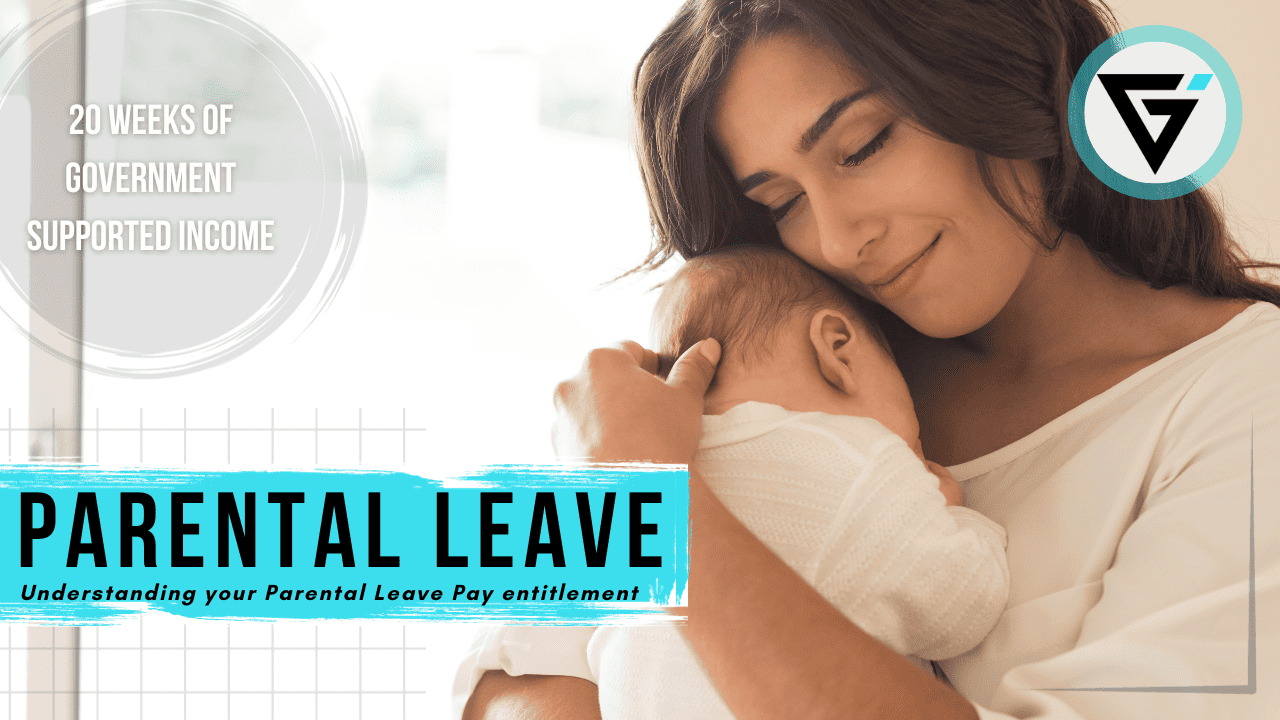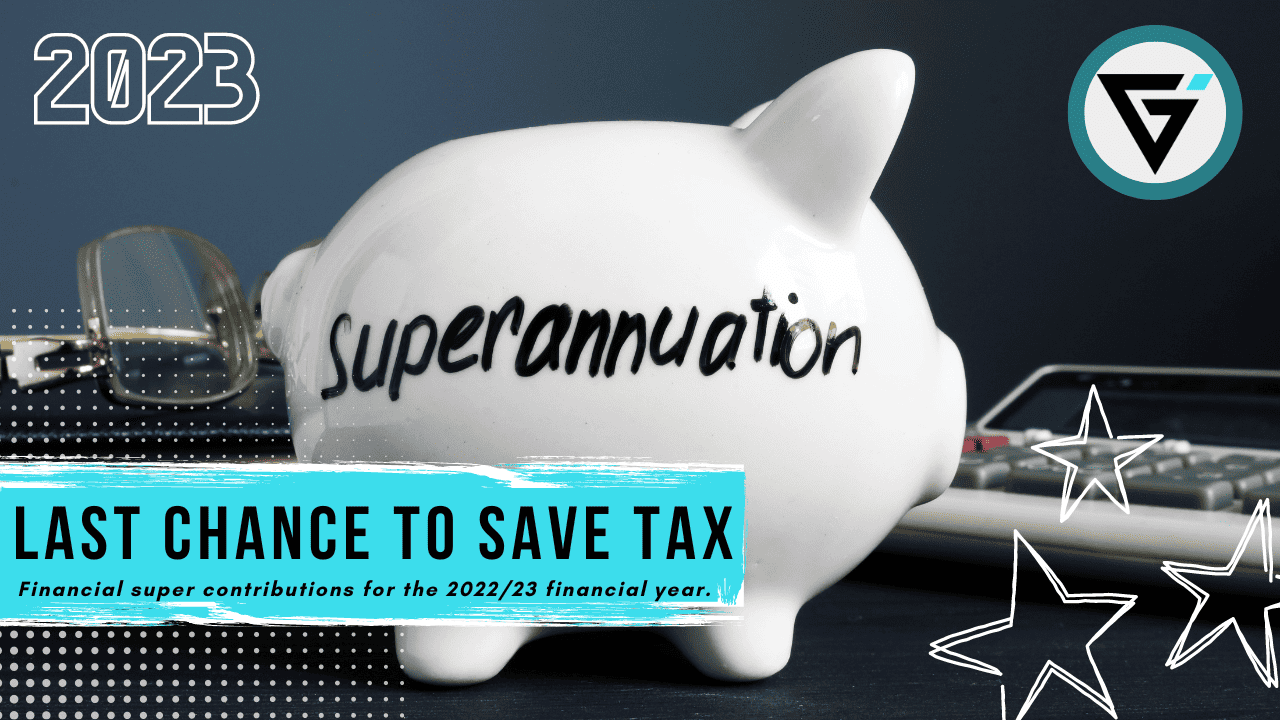Last night the government handed down their Federal Budget and this is arguably one of the most in important budgets that has been released in decades. With the economy in a recession, government debt at an all time high and COVID-19 still running riot – this is a very important time for our economy.
So today I want to summarise the aspects of the budget that I think are important for you. Now please remember that all of these measures are suggested and they need to pass through parliament before they become law.
Tax cuts
Probably the most exciting part of this budget is the tax cuts. These are the same tax cuts that were proposed in last year’s budget as “Stage 2” however they have been bought forward!
The two tables below outline the current and new tax rates:
Current
| How much you earn: | How much you are taxed: |
| $0 – $18,200 | 0% |
| $18,201 – $37,000 | 19% |
| $37,001 – $90,000 | 32.5% |
| $90,001 – $180,000 | 37% |
| $180,001 and over | 45% |
New
| How much you earn: | How much you are taxed: |
| $0 – $18,200 | 0% |
| $18,201 – $45,000 | 19% |
| $45,001 – $120,000 | 32.5% |
| $120,001 – $200,000 | 37% |
| $200,001 and over | 45% |
In summary, the 19% tax bracket is being increased from $37,000 to $45,000 and the 32.5% tax bracket is being lifted from $90,000 to $120,000. In addition, the low and middle income tax offset (LMITO) will be retained for an additional year and the low income tax offset (LITO) will be increased from $445 to $700.
To give you an idea of how this will help, the table below outlines the potential tax savings compared with the current rules.
| Taxable Income | Tax Payable in 2019/20 | Proposed for 2020/21 | |
| Tax Payable | Tax Saved | ||
| $40,000 | $4,947 | $3,887 | $1,060 |
| $80,000 | $19,147 | $16,987 | $2,160 |
| $120,000 | $34,432 | $31,687 | $2,745 |
| $160,000 | $50,032 | $47,467 | $2,565 |
| $200,000 | $67,232 | $64,667 | $2,565 |
Now the exciting part of these tax cuts is that they apply from 1 July 2020 which means that for the last 3 months we have all been paying too much tax in our PAYG. Why is this exciting? Well because firstly, we will get an instant pay rise in November when the new tax rates come into effect (as less PAYG is withheld) and secondly, you are more likely to get a tax refund at the end of the financial year.
If you have been paying more tax than necessary for 4 months in a year, when you lodge your tax you will get that extra tax paid back by a refund, all else being equal. Now obviously everyone’s situation is different so a refund is not guaranteed.
I am a big fan of these tax cuts because less tax means more money in your pocket. Can I suggest that when you do get the extra cash you put it to good use? Maybe some additional loan repayments, extra super contributions or a regular investment plan?
$500 Stimulus payments
The stimulus payments continue for some eligible welfare recipients who will receive two payments of $250 each. The first payment will be made in December and the second payment will be made in March 2021.
In order to be eligible, you need to be in receipt of one of the following:
- Age Pension
- Disability Support Pension
- Carer Payment / Allowance
- Family Tax Benefit
- Pension Concession Card Holders
- Commonwealth Seniors Health Card
- Eligible Veterans Affairs payment recipients and concession card holds.
Not much more to say on this one other than – enjoy!
First home loan deposit scheme extended
If you are unfamiliar with the first home loan deposit scheme it is a way for first home buyers to borrow for a house with less than a 20% deposit and not pay lender’s mortgage insurance (LMI). This scheme initially kicked off in January 2020 with 10,000 spots which have all now been filled. Thanks to the new budget, an additional 10,000 spots will be available.
This is a good scheme that can potentially save first home buyers up to $10,000 in LMI costs. However, putting my Financial Adviser hat back on, nothing beats good old-fashioned savings. If you don’t have a 20% deposit to buy a house then roll up your sleeves and keep saving!
Your super will follow you
Building on from previous reforms which saw small and inactive super accounts consolidated automatically, the government has now announced that a new super account will not automatically be created when you start a new job. Instead your existing super fund will go with under what they call the stapling scheme whereby you nominate your super fund through the YourSuper portal on MyGov.
In my opinion, unless you are lazy, you should have been doing this already. There has never been a need to open a new super every time you change jobs. You should always retain one active super fund and look to consolidate old funds where possible, taking into consideration the insurance you may hold.
In addition, the government will also be monitoring poor performing funds and make it easier for individuals to compare MySuper products. If a fund has poor performance, they have the potential to close the door to new members. Again, if you took just a small interest in your super, you would have already made the move out of a poor performing fund.
Exemption to CGT on Granny Flats
The government is trying to make it easier for people to formalise a granny flat arrangement. Currently this can be a very complex area to navigate and can lead to significant capital gains tax (CGT) implications.
Under the new arrangements, granny flats will be exempt from CGT provided there is a formal written agreement in place. Encouraging people to formalise these arrangements should also increase financial security for elderly people.
The remainder of the measures apply to businesses so if you are not a business owner then feel free to stop reading now. Unless you’re curious, then continue on!
Loss carry back for business
If you operate a business, and make a loss anytime up to June 2022 you may use that loss to offset profits made in or after the 2018/19 financial year. In layman’s terms, you can use a loss to claim back some tax paid in the past!
This measure is about helping those businesses struggling due to COVID stay afloat and will hopefully help a lot of small businesses, particularly in the hospitality industry.
Instant asset write-off for business
If you operate a business, and you buy an asset for your business, you will be able to write-off the value of that asset in a single year, regardless of the price. This is an improvement from the current rules which let you write-off an asset with a value up to $150,000. Currently, anything above $150,000 you would need to depreciate which means writing it off over a number of years.
This is a good move for large businesses that have significant capital outlays but for the average small business owner, it is unlikely you will be buying an asset worth more than $150,000 anyway so there is no real change for most small business owners. It will however help pump more money into the economy through spending which should help create jobs.
JobMaker Hiring Credit
The government is trying to incentives businesses to hire young people by offering a credit of up to $200 per week for 12 months to hire young workers. In order to be eligible, the business must hire a person aged 16 to 35 who is currently on JobSeeker for a minimum of 20 hours per week.
The payment rate received by the employer will depend on the age of the worker and is broken down into two categories:
- If the eligible person is aged 16 to 30, business will receive $200 per week
- If the eligible person is aged 30 to 35, businesses will receive $100 per week
This is a good measure to help businesses expand and create jobs however I do worry that job creation is only part of the equation as there also needs to be a willingness work. For some time now we have had increased JobSeeker payments which has disincentivize a lot of people from wanting to work.
Also, on the job front, the government will be allocating money towards education and training subsidies and providing an exemption on fringe benefits tax (FBT) for employers to provide retraining and reskilling in order to avoid redundancy.
Summary
Due to COVID-19 we were expecting this budget to be a cash spend and, in my opinion, it has largely done that. More people will have more money in their pockets due to tax cuts, business have a number of new incentives to spend and expand, and I didn’t even touch on the millions of dollars being spent on infrastructure, health care and essential services.
So overall this budget has delivered in a time when we need to help the economy recover from COVID-19.










